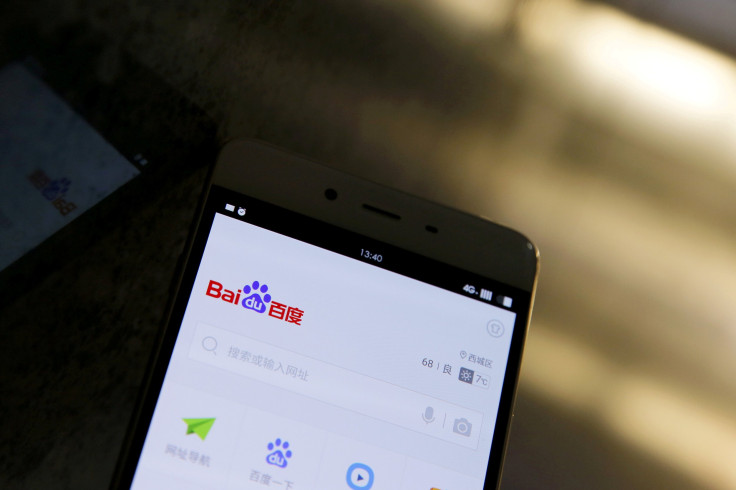Reuters/Edgar Su
KEY POINTS
A Canada-based cybersecurity research group revealed the extent of Chinese internet censorship.
Citing a report recently published by the University of Toronto’s Citizen Lab, the New York Times said that more than 66,000 rules control the content shown in China’s search engines.
Citizen Lab researchers examined eight Chinese internet platforms which offer search tools, including Baidu, Sogou, and Microsoft’s Bing; social media websites Weibo, Douyin, Bilibili, and Baidu Zhidao; and the e-commerce platform Jingdong.
According to the report, China’s censorship operations became subtle since one finding showed that search engines had placed algorithms to “hard sensor” searches made by users deemed politically sensitive.
The algorithms placed on Chinese search engines would provide no results to the users or limit the results to selected sources, such as government-run websites or state-run news organizations that follow the Chinese Communist Party’s (CCP) messaging.
“You might get no results if it is a very sensitive topic, but if your query is subject to this kind of self-censorship, what happens is you actually appear to get results as normal, but that’s not actually happening,” Jeffrey Knockel, a senior researcher at Citizen Lab and an author of the report, said.
“You’re getting results only from certain pre-authorized websites,” Knockel added.
The report revealed that Weibo, China’s version of Twitter, restricted search results for the term “Chinese spy balloon” and only offered results from official Chinese sources to those who seek to learn about the suspected surveillance balloon shot down by the U.S. last February.
Chinese search engine Baidu also appeared to have blocked all search results about President Xi Jinping, Russian President Vladimir Putin and the warrant of arrest issued against him by the International Criminal Court (ICC).
Bing, the only foreign search engine operating in China, reportedly had broader censorship rules, affecting more search results.
Caitlin Roulston, a Microsoft spokesperson, said the company would look into Citizen Lab’s findings.
But Microsoft has acknowledged it had complied with China’s censorship laws to be able to operate inside the country, something that other foreign companies, including Google, refused to do.
Knockel believes allowing U.S.-based tech companies to operate in China “isn’t going to solve any of the censorship or larger human rights issues” in the country.
China continued to introduce more online restrictions in recent years.
In June 2021, the ruling CCP passed a law criminalizing defamation and insults against Chinese military personnel.
Radio Free Asia reported, citing Chinese state news agency Xinhua, that the law effectively banned “slandering or derogating the honor of servicemen [and women], nor may they insult or slander the reputation of members of the armed forces.”
The new legislation also covered any “infringement” that may affect Chinese military personnel’s performance of their duties.
Qiu Ziming, a Chinese blogger with more than 2.5 million followers on Weibo, was the first to be punished under the new censorship law after he allegedly slandered the Chinese soldiers killed in a border clash with India in 2020.

A smartphone showing the Baidu Browser application is seen in this picture illustration, Feb. 22, 2016.
REUTERS/Damir Sagolj
2023-05-16 21:00:03
Source from www.ibtimes.com



















